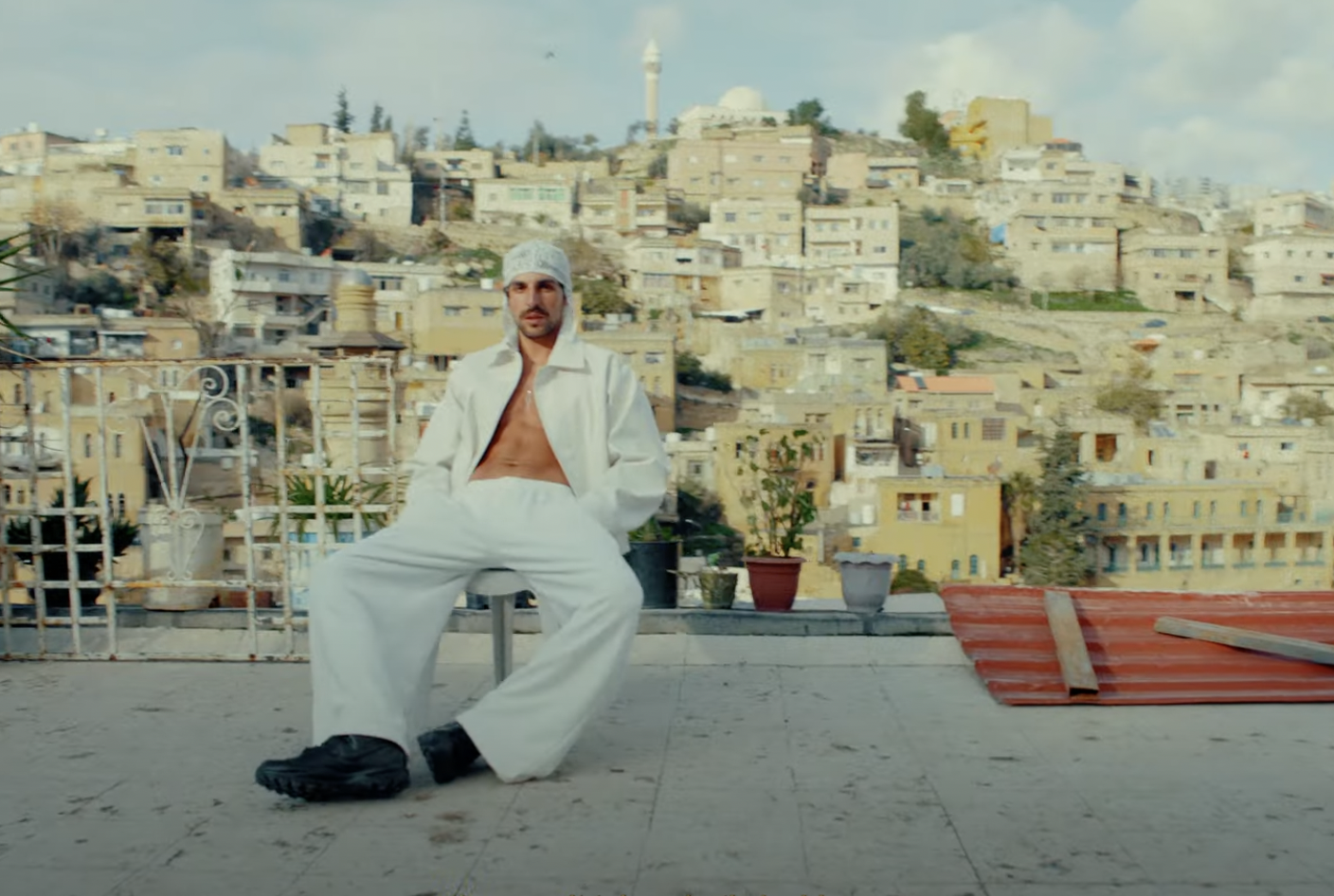Tyla Laura Seethal's debut has significantly marked the global music scene, not just through her individual talent, but as a vibrant showcase of South African musical influences. Her standout track "Water" and the tracks that follow on her self-titled album are less a testament to individual genius than to the power of cultural collaboration and sound evolution. Tyla channels Johannesburg's deep musical roots, especially its modern interpretation of amapiano, a genre characterized by deep, pulsating rhythms, melodic piano lines, and a seamless blend of local and international beats.
In her music, Tyla brings the essence of South African amapiano to the forefront, marrying it with global pop sensibilities. This isn't about complex musical virtuosity but about the profound ability to translate cultural stories and rhythms into universally engaging music. Her tracks leverage the distinctive bounce and sway of amapiano, using its rhythmic flexibility to infuse her music with a unique energy that's both fresh and deeply rooted in tradition.
The album’s production quality shines, presenting Tyla’s vocal versatility in a framework that respects the genre's origins while pushing its boundaries. In songs like “Safer” and “Breathe Me,” there’s an evident blend of ambient sounds and rhythmic pulses – a signature of South African house music – yet they're tailored to accommodate Tyla's softer, more introspective vocal style. This balance between the beat’s foundational support and the lead’s expressive melody showcases the collaborative spirit of music production, where cultural depth meets international appeal.
“Butterflies” exemplifies this melding of influences, combining semi-acoustic elements with subtle electronic beats, creating a soundscape that’s both innovative and evocative of broader African music traditions. The track exemplifies how Tyla’s music serves as a bridge, connecting the soul of South African musical heritage with global pop trends, creating a dialogue between cultures.
Tyla
is a South African singer and songwriter who performs Afro-pop and electro music.
Tyla's album represents a significant moment in the globalization of African music, highlighting how genres like amapiano have evolved from local expressions to worldwide movements. Her music does not stand in isolation; it's a part of a larger narrative of African musicians bringing their cultural heritage to the global stage, transforming and being transformed by international influences. This cultural exchange enriches the global music landscape, introducing new sounds and stories while honoring their origins. Tyla's work is a vibrant chapter in this ongoing musical story, showcasing the dynamic, ever-evolving spirit of South African music.




